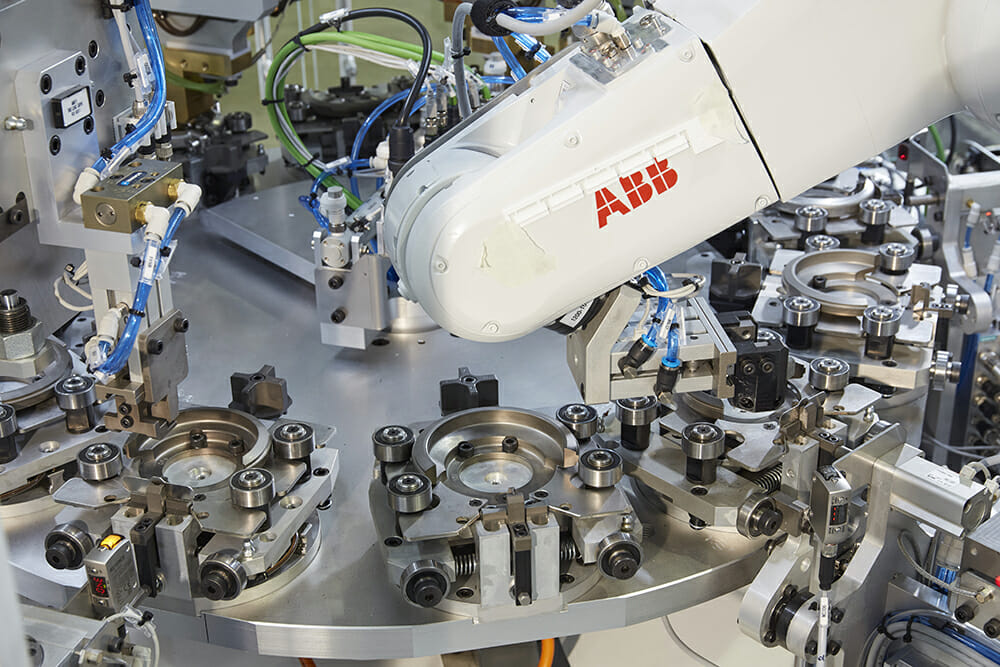The UK’s manufacturing base is operating within an unusually challenging environment at present, as a result of both potential political change and the fact that some export markets are less than buoyant. Combine these issues with the fact that the UK still lags behind in the productivity stakes, when compared to other G7 nations, and it’s clear that we need to embrace the technologies that will enable UK manufacturing to be competitive on the world stage.
Here in lies the dilemma: outside of the automotive sector, the UK generally performs poorly in the uptake of automation and robotics with just an average of 74 robots per 10,000 employees. This is much lower than many of our European cousins, and around a quarter of the total for Germany alone. There are undoubtedly many reasons why this is the case, however recurring themes include a lack of understanding of how automation could transform a manufacturing process, and also a fear of complexity and technical risk.
In this informative article, Tim Bednall, sales & marketing manager for Wood Automation & Control’s Systems Division, highlights the depth of expertise and talent that UK manufacturers can draw upon to ease the path to automation and, in turn, greater productivity.
Despite the overall statistics, there are great examples of UK manufacturers embracing high levels of automation and making it a key element of their manufacturing processes. There are other companies that have introduced a lower level of automation, often for relatively simple pick and place, handing or assembly tasks. However, there are still a majority missing out on the potential benefits that automation can deliver. This is especially true of those who may perceive their applications to be too difficult or overly complex, as there are several, often different technologies involved in the manufacturing process.





